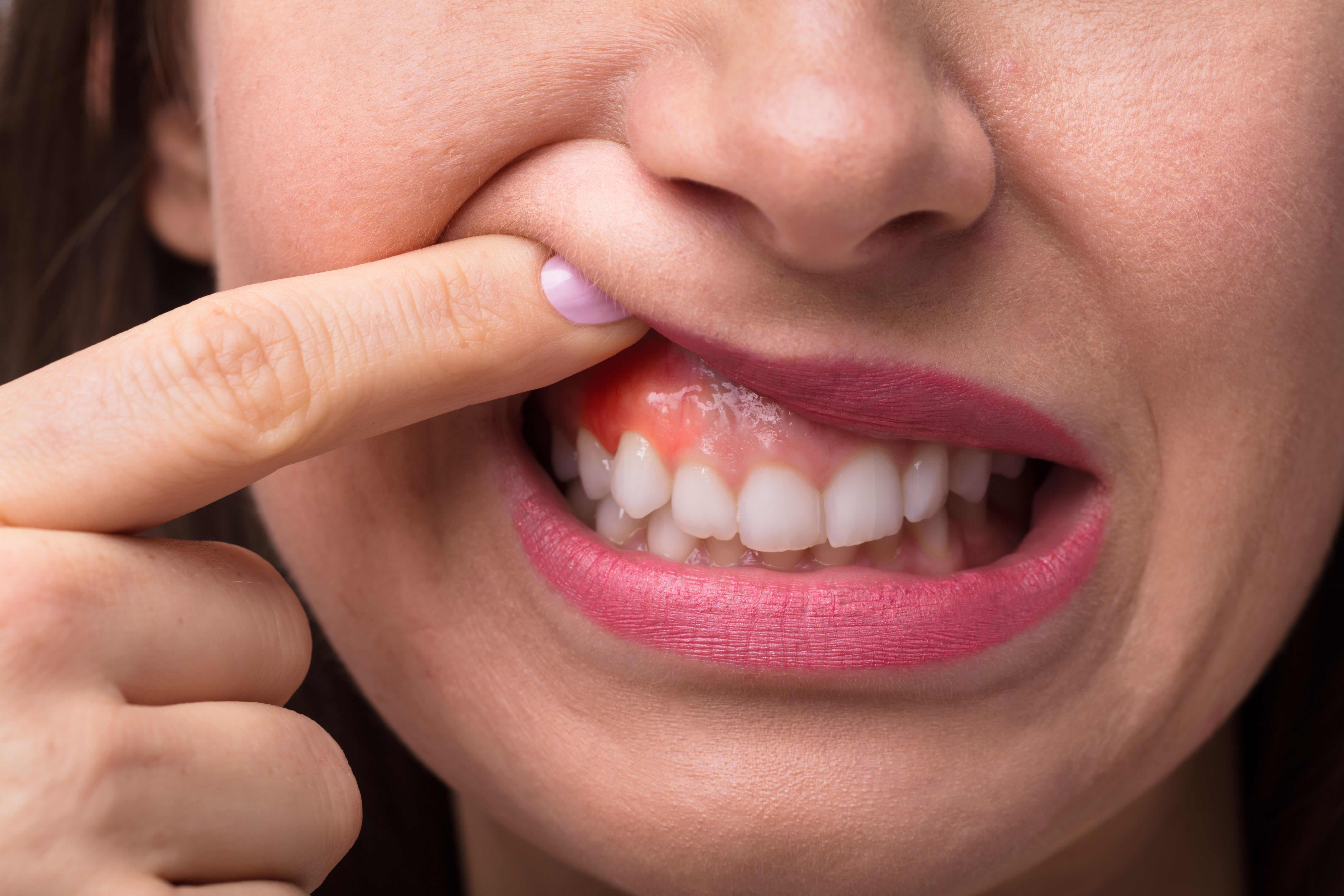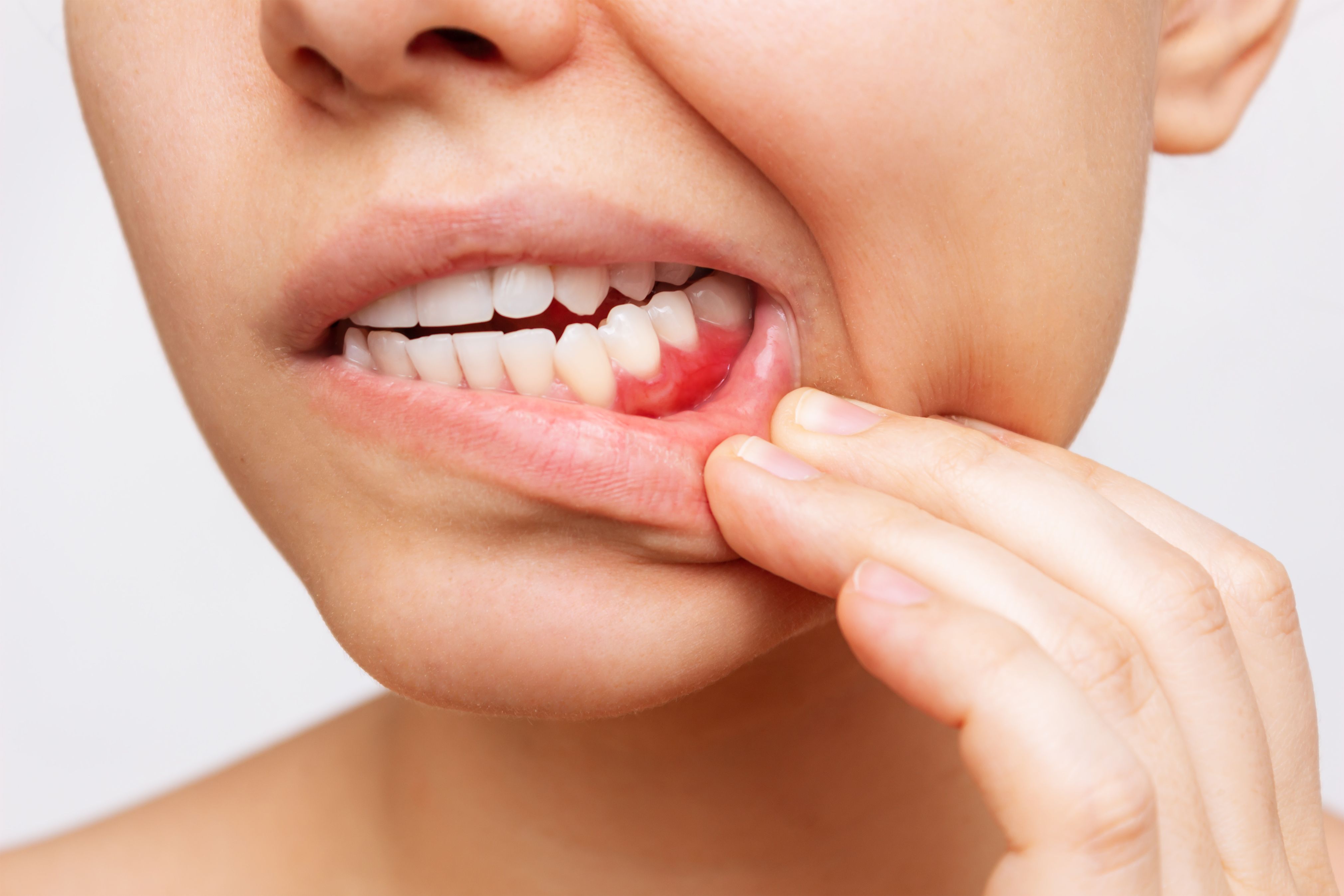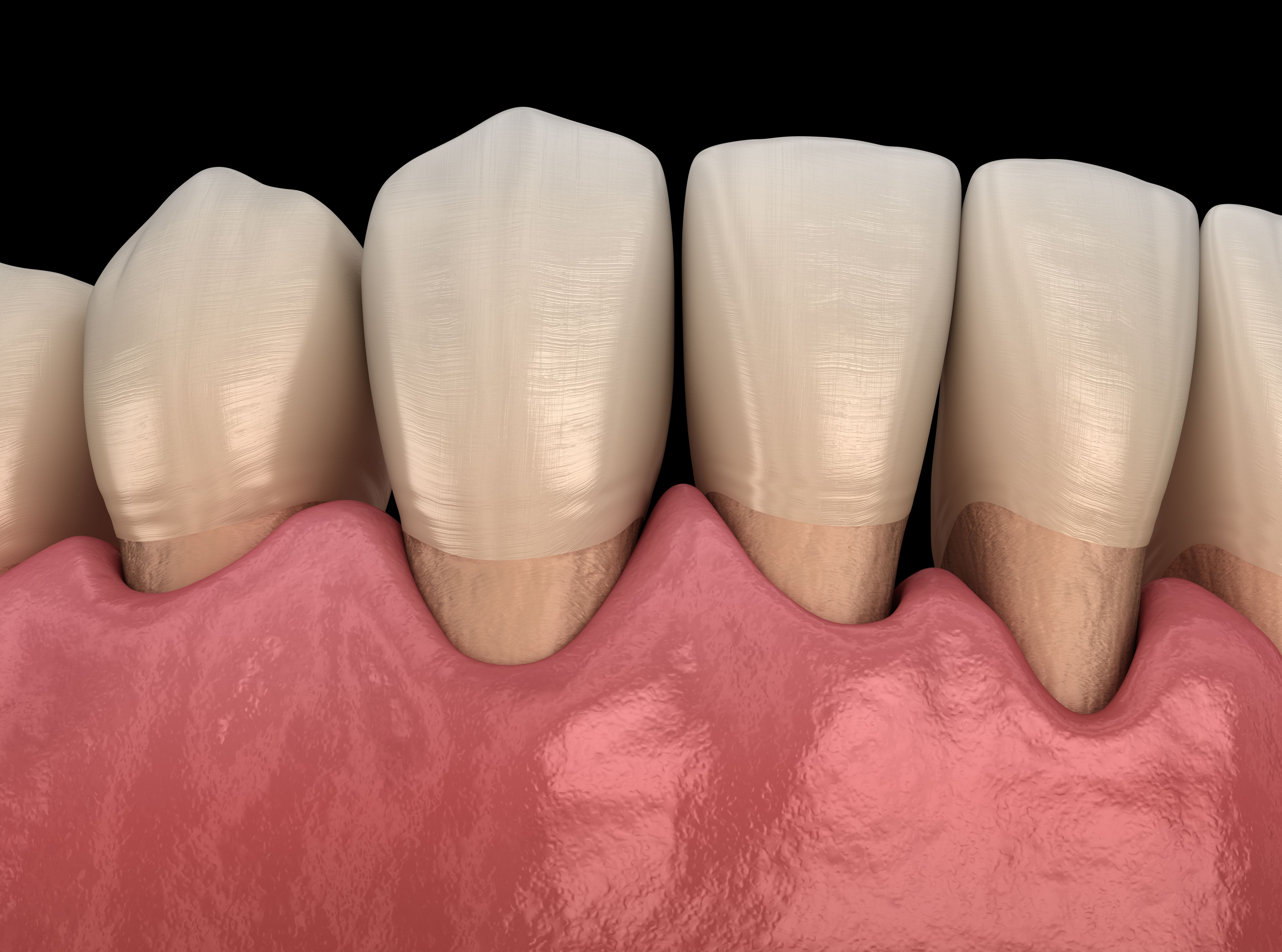5 Signs Your Gums Need More Attention After 40
Understanding Gum Health After 40
As we age, maintaining oral health becomes increasingly important, and this includes paying close attention to our gums. While many people focus on keeping their teeth healthy, gums are often overlooked. After the age of 40, changes in gum health can become more pronounced, and it's crucial to recognize the signs that your gums need more attention.
Gum disease is one of the leading causes of tooth loss in adults, and it can also affect overall health. It's essential to be proactive and address any potential issues early on. Here are some key signs to watch for that indicate your gums may need more care.

Sign 1: Persistent Bad Breath
Bad breath can be more than just an embarrassing inconvenience; it may also be a sign of underlying gum issues. If you notice that your breath remains unpleasant despite regular brushing and flossing, it could be due to bacteria buildup around the gums. Persistent bad breath is often an early indicator of gum disease.
Why It Happens
When plaque accumulates on your teeth and gums, it creates an environment where bacteria thrive. These bacteria produce volatile sulfur compounds, which lead to bad breath. If left untreated, this can progress to more serious gum issues.
Sign 2: Bleeding Gums
If you experience bleeding gums while brushing or flossing, it's a sign that your gums may be inflamed or infected. Healthy gums should not bleed easily, so if this is a common occurrence, it's time to pay closer attention to your gum health.

Potential Causes
Bleeding gums can be caused by several factors, including improper brushing techniques, using a hard-bristled toothbrush, or more serious issues like gingivitis or periodontitis. Visiting a dental professional can help determine the exact cause and appropriate treatment.
Sign 3: Gum Recession
A noticeable change in the appearance of your gums, such as recession, is another sign that they need more attention. If your teeth appear longer or you can see more of their roots, it indicates that your gums are pulling back and exposing more of the tooth structure.
Consequences of Gum Recession
Gum recession not only affects the appearance of your smile but can also lead to increased sensitivity and a higher risk of decay and infection. Addressing this issue early with a dental professional can help prevent further damage.

Sign 4: Sensitive Teeth
If you notice increased sensitivity in your teeth, especially when consuming hot or cold foods and beverages, it might be related to gum health. As gums recede or become diseased, they can expose the sensitive parts of your teeth.
Managing Sensitivity
Using toothpaste designed for sensitive teeth can provide temporary relief, but it's important to consult with a dentist to address the root cause of the sensitivity and protect your tooth enamel and gum health.
Sign 5: Changes in Gum Color and Texture
Healthy gums are typically pink and firm. If you notice changes in color, such as redness or a purplish hue, or if your gums feel swollen or spongy, it's a sign that they may be inflamed or infected.
Seeking Professional Advice
If you observe any changes in the color or texture of your gums, it's crucial to consult with a dental professional. They can assess your gum health and recommend appropriate treatments or lifestyle changes to restore your gum health.
Taking proactive steps to maintain healthy gums is essential for overall oral health, especially after the age of 40. By recognizing these signs early and seeking professional care when needed, you can keep your smile healthy for years to come.
